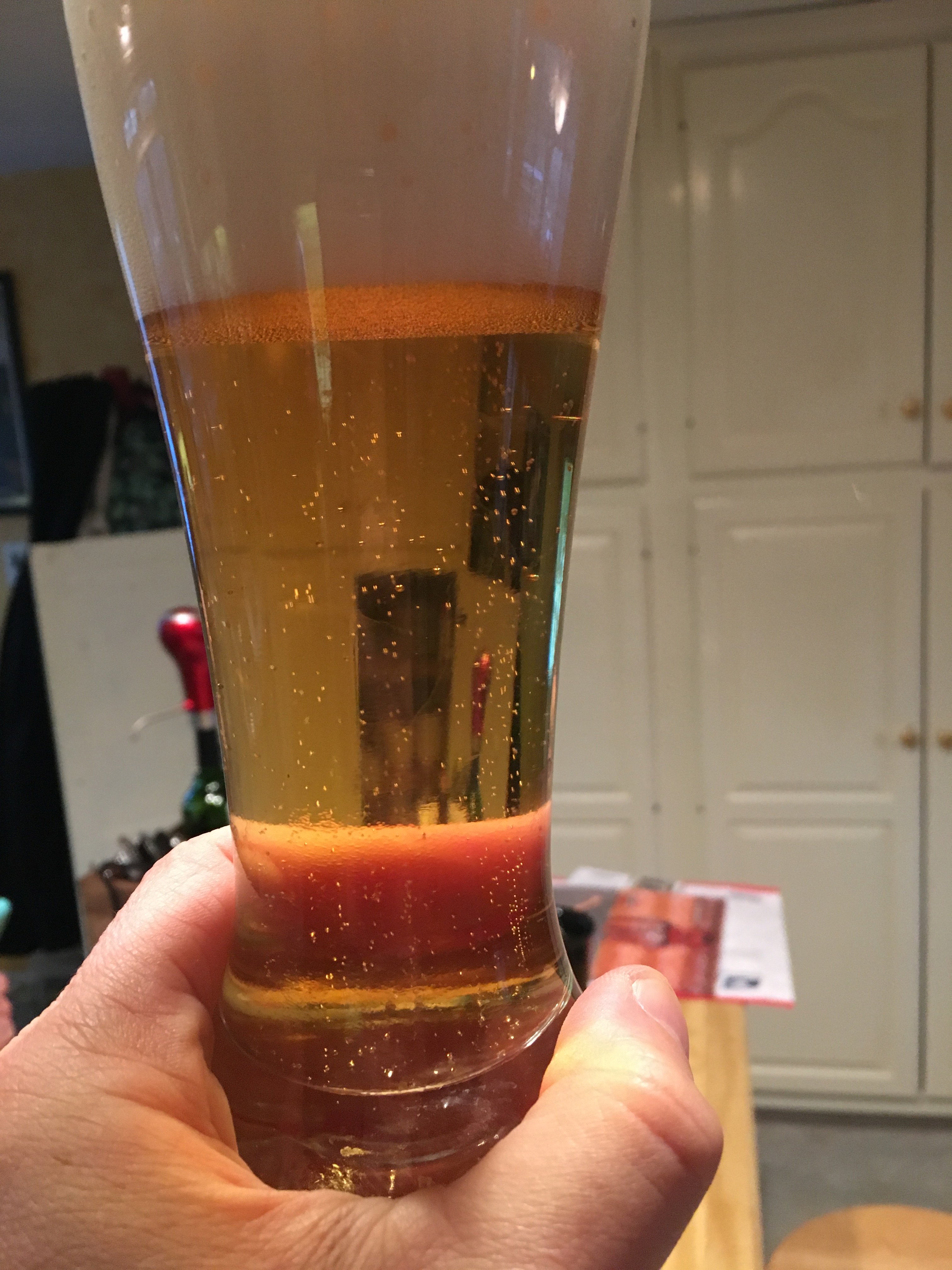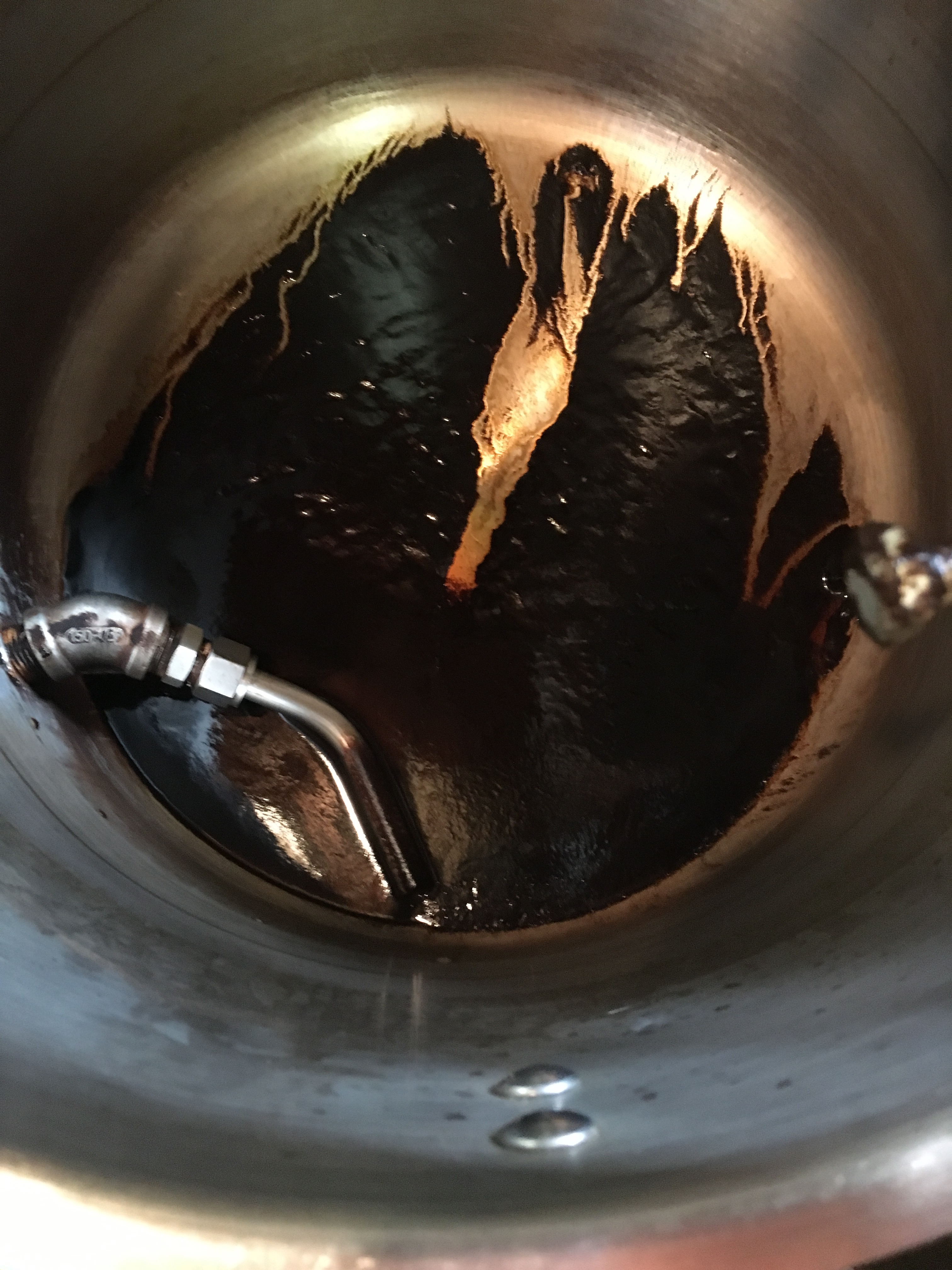Blazinlow86
Well-Known Member
- Joined
- Oct 19, 2016
- Messages
- 1,687
- Reaction score
- 743
After reading some comments in a biab thread it got me thinking about one of them in particular. I mentioned that I have noticed that when I use my eherms traditional mash system the wort into the kettle is very clear like a finished beer would be however when I use my biab pilot setup the wort is very cloudy. A users reply to me was that it's not important as they use a fining in there boil making it irrelevant. Admittedly I've never really over thought this part of the process and have just gone with the standard and maybe old thinking that you want to leave as much undesirables behind at each stage as possible. A quick google search appeared to confirm there's definitely several scientifical reasons that clearer wort preboil is desirable for more than just clarity but it's over my head. So in more laymen terms why is clearer wort into the kettle the preferred method. Is it still preferred? Any pros that can chime in as to why they aim for the clearest wort into the kettle possible? Cheers
edit
to clarify as it seems were off to a rough start this discussion HAS NOTHING to do with the clarity of the end product. its about the clarity going into the boil and its effect on things other than finished clarity. i think we all understand beer will clear with time. cheers
edit
to clarify as it seems were off to a rough start this discussion HAS NOTHING to do with the clarity of the end product. its about the clarity going into the boil and its effect on things other than finished clarity. i think we all understand beer will clear with time. cheers
Last edited:




















































![Craft A Brew - Safale BE-256 Yeast - Fermentis - Belgian Ale Dry Yeast - For Belgian & Strong Ales - Ingredients for Home Brewing - Beer Making Supplies - [3 Pack]](https://m.media-amazon.com/images/I/51bcKEwQmWL._SL500_.jpg)







